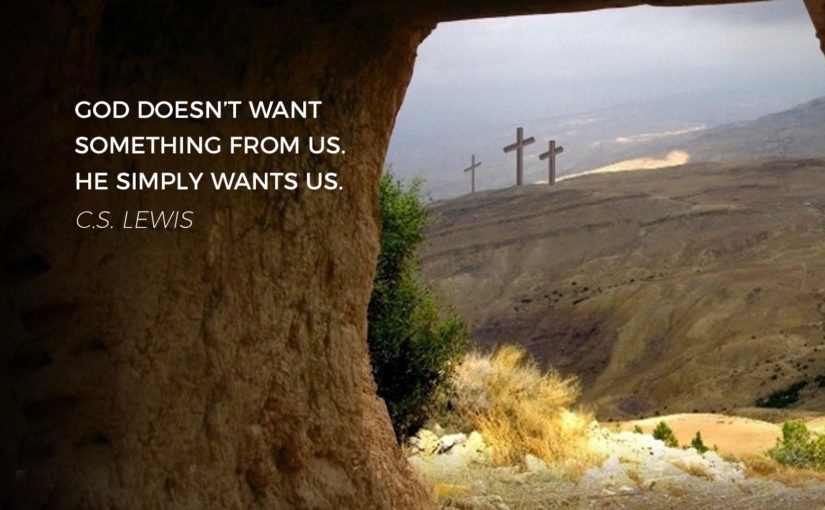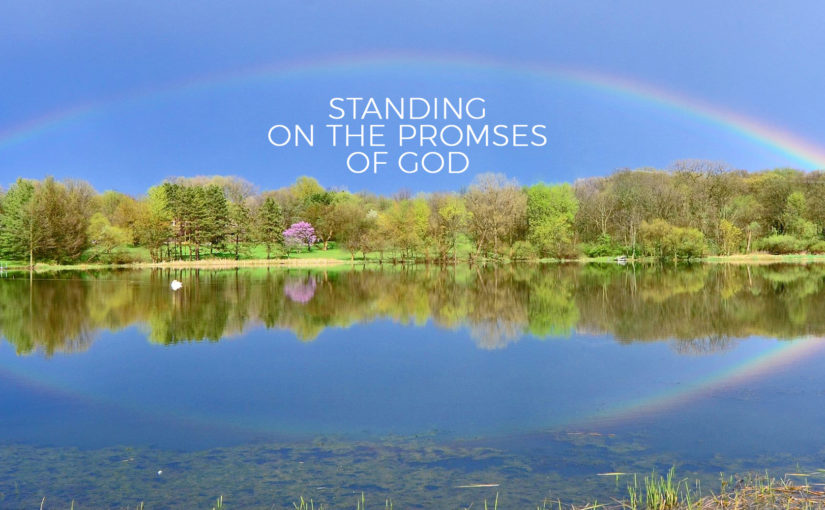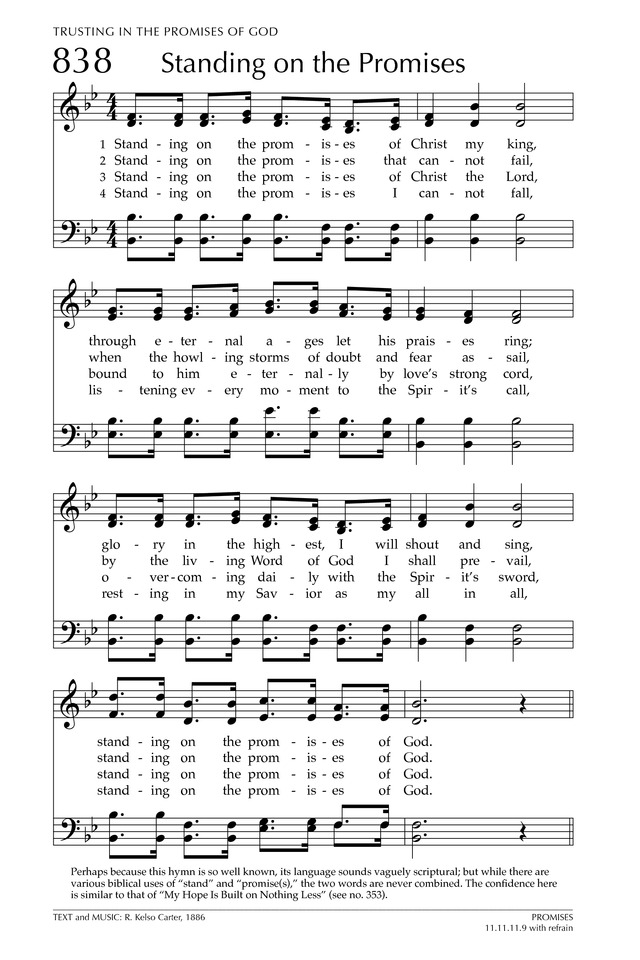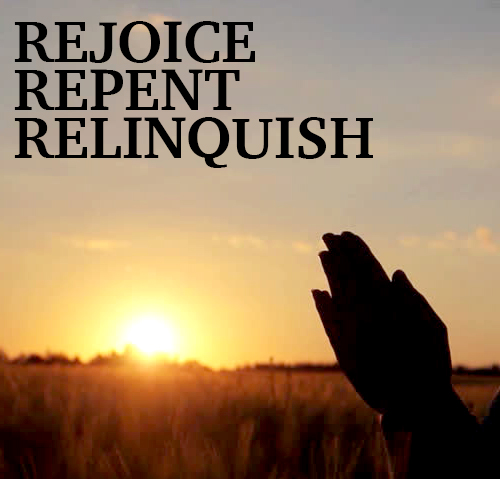2 Samuel 19 and Psalm 51 – Resurrection Eve
Have you ever wondered when the deniers, doubters, crucifiers, and liars had their moment of realization of who Jesus was and their role in His death? Was it immediate, like Peter when the rooster crowed the third time? Or did it take longer, after Jesus had been taken from the cross and put in the tomb? Or was it not until days later, when word got around that Jesus was alive, and Thomas even put his hand into his side. Did they respond like David does, in his Psalms about his own sins? Had I been there, would I have realized it immediately, or would it have taken me awhile to understand? What would have been my response to knowing I put Jesus on the cross?
From an early age I learned about Jesus and have never doubted who He was or what He did for me. As I got older, my heart to please God was challenged by my selfishness and temptations to sin. In high school especially, I was stuck on this hamster wheel of wanting to “be good” and do the right thing, but time and time again would fall into cycles of sin and rebellion. I would go through a period of mourning, praying, and vow to not fall into that junk again. I would “be good” for awhile and then it would start over. I was so frustrated with myself and lack of self control. Everything seemed so easy and made so much sense sitting in church on Sundays and at youth group on Wednesday nights. But by Friday night – it all flew out the window.
I made a decision when I was 16 to try to get off that hamster wheel for good, and I wanted a REAL CHANGE. While I had always believed in Jesus, I needed to do something different and drastic in my life so that I could be more consistent in my choices to follow Jesus. I believed. I could talk the talk. I needed to WALK the WALK – even on the weekends. I joined a conservative faith community that was rich in tradition and strong in holy habits. The fellowship of the close-knit group was unmatched. The believers there invested time and energy in helping me understand God’s Word. I learned so much in this season of life and thank God for putting people into my path to draw me to Him.
One of the biggest things I learned is that even with all of the holy habits, fellowship, and accountability, I still sinned. As much as I wanted to ‘be good’, I couldn’t. I wasn’t. And it took my early adult years to figure out that God doesn’t want me to ‘be good’. He wants me forgiven. This is why He brought us Jesus. In my youth I found myself categorizing sin and thought mine was the worst – if I could just stop those major sins, then I would be acceptable in God’s eyes. It took a lot of years to really believe that ALL sin is unrighteousness in God’s eyes. While sins may have greater or lesser consequences on earth – the sin itself is all the same: separation from God, no matter how big or small.
During this time of growth, the elder of our church, a kind and sweet man named Ervin, would point me back to Psalms 51. Over and over again, I would counsel with him, pour my heart out, trying to figure out why I would still from time to time fall back into those old sinful ways and make bad decisions. He was so patient with me, and would read this scripture with me. Even though it was twenty years ago, I can clearly recall our conversations. He would encourage me to go home and pray the prayers that David did, a man who loved God so much and would still find himself in a mess of sin. And just like David, I would weap and mourn over my sins and ask God for forgiveness. My quest to “be good” was a fruitless journey – and through prayers like Psalm 51, I found that a broken heart for my sin drew me closer to Him more than my checklist of ‘being good’ ever did. As C.S. Lewis said: God doesn’t want something from us, He simply wants US.
Today, on Holy Saturday, the time between Jesus’ death on the cross, and His victory over the grave tomorrow, I can’t help but put myself there and walk through the range of emotions.
It is our sins against God that crucified Jesus that Friday vs. 4 and David calls his own sin what it is – evil.
Against you, you only, have I sinned
and done what is evil in your sight;
I wonder how quickly we would have realized this and sought forgiveness and change. Would it have been the very next day, on Saturday? Would we have prayed vs. 10?
Create in me a pure heart, O God,
and renew a steadfast spirit within me.
And then to wake up Sunday morning and learn that HE IS ALIVE! Would we really believe? Would we spend the rest of our days living in the JOY that salvation brings (vs. 10)?
Restore to me the joy of your salvation
and grant me a willing spirit, to sustain me.
How would our lives be different if we lived everyday with the utmost JOY for Jesus conquering the grave and the utmost JOY for our salvation?




